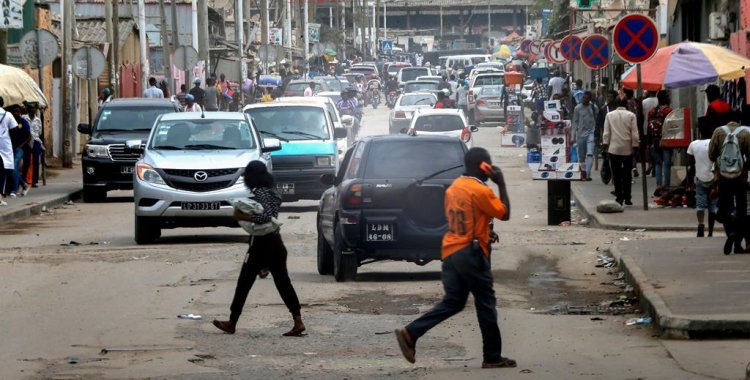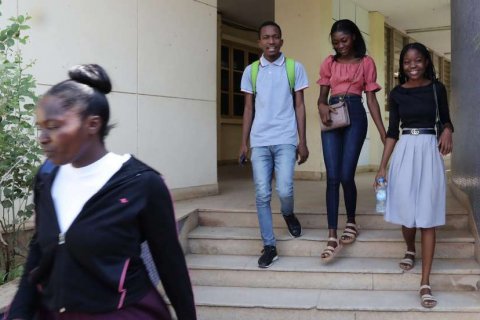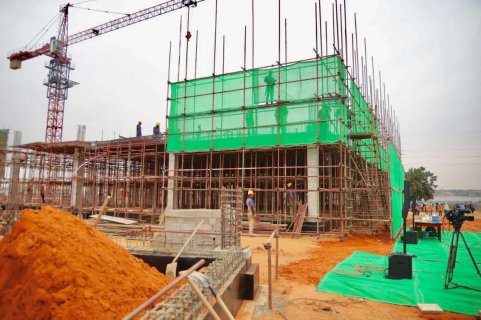The Angolan politologist David Sambongo anticipates "very challenging" times for the second year of President João Lourenço's second term, with just three years left to implement the public policies enshrined in the Government's program, approved in the 2022 general elections, before the country goes votes again.
João Lourenço, President of the Republic and of the Popular Movement for the Liberation of Angola (MPLA), "should start thinking about a dauphin for his possible replacement at the 2026 congress", in the run-up to the 2027 general elections, he said.
In an interview with Lusa, the expert pointed to the approval of the last law in the municipal legislative package – Law for the Institutionalization of Local Authorities – as another political challenge for 2024, recalling the divergent approaches in parliament on the issue.
Sambongo highlights that the aforementioned law establishes the criteria for the selection of municipalities that go to local authorities, considering this to be a "matter of great fragmentation at the level of the National Assembly".
The materialization or implementation of local authorities, he continued, "is also a pressing challenge of the year 2024 for Angolan governance".
The political scientist also listed the discussion of the proposed law on changing the Administrative Political Division of Angola as a matter that should also fill political debates in 2024.
The current conditions of Angolan families, increasingly poor, with devalued wages and food prices at galloping levels, will continue to constitute an "Achilles' heel" for the Angolan government next year, said Sambongo.
A scenario corroborated by Angolan economist Wilson Chimoco, who considers that the country's conditions will "continue to worsen" in 2024, seeing no possibilities for robust and inclusive economic growth that would reduce inequalities and unemployment.
For the expert, the unemployment rate in Angola is expected to remain above 30 percent in 2024 and the General State Budget (OGE) "will not have enough space" to combat inequalities.
"(OGE 2024) will not have resources to execute programs that improve the living conditions of more than 50 percent of the population who live in conditions of multidimensional poverty," said Chimoco in statements to Lusa.
In his projection for next year, the economist said there are indications that the inflation rate in 2024 will remain above 20 percent, "while wages should remain practically stagnant", which "should reduce the power of purchase from families".
In relation to the markets, the economist considered that monetary conditions were expected to worsen as the exchange rate continued to depreciate against the US dollar.
He highlighted, on the other hand, that the inflation rate should continue to accelerate and access to foreign currency will become more difficult, which should "translate into more challenges for the growth of the economy".
According to Wilson Chimoco, the greater opening of the economy to the Western axis could lead to reforms in the financial sector and the justice system.
"But it doesn't seem to me to be enough to attract and compensate for the drop in Chinese investment in the non-oil economy, which has been declining," he argued.
And this, he also pointed out, "will have significant impacts on the performance of the non-oil economy and on the capacity to create new jobs", concluded the Angolan economist, also a university professor.
The 2024 OGE sets expenses and estimates global revenues valued at 24.7 billion kwanzas, forecasting a growth in the Gross Domestic Product (GDP) of 2.8 percent.
At least 57.8 percent of the total expenditure of this 2024 OGE, estimated at 14.3 billion kwanzas, will be allocated to the service of public debt, internal and external, as assumed by the Angolan authorities.







